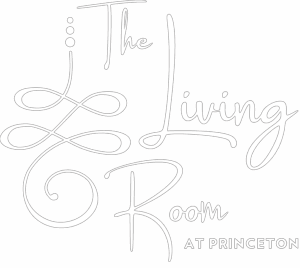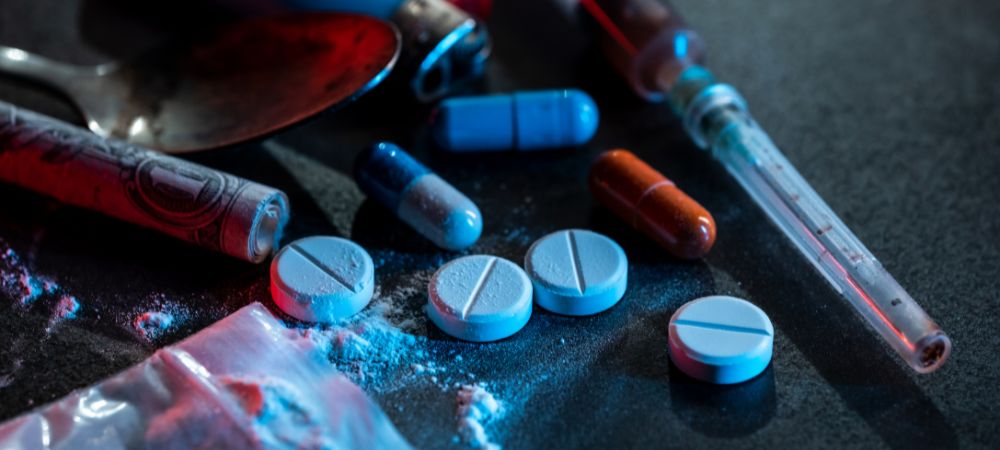Drug and alcohol addiction can take a toll on your mental and physical health. Living with an untreated addiction can mean fewer opportunities, damaged relationships, and even life-threatening consequences.
Addiction is a complex condition. It affects every part of your life and has deep roots in your behaviors, genetics, and more. Recovering from addiction can be very challenging, and people typically need significant treatment and support to move on from it.
Understanding the potential causes of addiction can help you make the best decisions about your health and seek treatment when needed. This article will explore the concept of “gateway drugs” and how they may contribute to addiction.
In this article, you will learn:
- What a gateway drug is
- The risk of using gateway drugs
- What other factors can contribute to addiction
- How to recognize addiction
- Where to find treatment and support in recovery
If you or someone you love struggles with substance abuse or addiction, you are not alone. Contact the specialists at The Living Room for support during recovery or to explore our holistic treatment programs.
What is a Gateway Drug?
The concept of a “gateway drug” is based on the idea that using some substances may lead to other illicit drug abuse. Medical and addiction experts have warned people of the risks of using gateway drugs, which may include:
Many people consider the use of these drugs to be socially acceptable, but some addiction experts recommend preventing young people from using them. They believe that preventing teens from drinking alcohol, using tobacco, or using THC products may decrease the risk of substance use disorder (SUD).
There is some evidence to back up the idea of gateway drugs leading to further substance use. The U.S. National Survey on Drug Use and Health surveyed people about their substance use. This research uncovered a possible connection between using common gateway drugs and later illicit substance use.
The research showed that 12% of the survey’s participants required addiction treatment for opioids.[1] Of the people who abused opioids:
- 57% of men had a history of alcohol use disorder (AUD)
- 56% of men smoked cigarettes or used other tobacco products
- 34% had engaged in marijuana abuse
Understanding the connection between gateway drug use and all substance use disorder (SUD) may help mental health and medical specialists develop better prevention and treatment approaches.
Understanding the Risk of Using Gateway Drugs
While alcohol, tobacco, and marijuana use may be common in the United States, using these substances have significant risks.
Here is an overview of the risks of using common gateway drugs.
Tobacco
According to the Centers for Disease Control and Prevention (CDC), smoking cigarettes is the leading cause of disability, disease, and death in the country. Smoking and secondhand smoke exposure results in over 480,00 deaths annually.[2]
Research from the National Institute on Drug Abuse suggests that smoking cigarettes during adolescence makes someone 100 times more likely to use marijuana than those who do not smoke.[3] They are also more likely to use illicit drugs like heroin and cocaine.
Marijuana
Many people believe that marijuana is relatively safe. As states begin to decriminalize or legalize it, more people are gaining legal access to marijuana or THC products.
There are known risks related to marijuana use. People may exhibit signs of addiction after using it for a prolonged period, including cravings and withdrawal symptoms. Heavy marijuana use can also cause new or worsening mental health symptoms.
Alcohol
Alcohol is one of the most widely available addictive substances. While drinking alcohol is socially acceptable in many situations, many people struggle with unhealthy drinking patterns or heavy alcohol consumption.
Alcohol abuse and addiction can be devastating. Heavy drinking can put people at risk of immediate harm from accidents, assault, and overdose. People who drink heavily may also be at increased risk of severe health problems, including heart disease, brain damage, and certain cancers.
Gateway drug use may increase the risk of developing other substance use disorders (SUD). But these substances have their own risks. It is important to recognize signs of substance abuse and get treatment right away.
Recognizing and Treating Addiction
People who use any addictive substances may develop an addiction to them. It is important to watch for signs of addiction and seek evidence-based care in a treatment center to overcome it.
Some common signs of addiction include:
- Cravings
- Withdrawal symptoms
- Spending a lot of time and energy to get and use the substance
- Needing to use more to get the desired effects
- Neglecting responsibilities, hobbies, and relationships
- Isolating
- Taking risks while intoxicated
- Continuing to use the substance despite the harm it causes
People with addiction do not choose to use drugs or alcohol. They must use these substances to function. People with addiction need comprehensive, compassionate treatment that includes:
- A medically supported detox program
- Behavioral therapies
- Mental health care
- Medications and medical treatment
- Family, group, and individual counseling
- Relapse prevention and coping skills education
- Holistic therapies like mindfulness, nutrition support, and exercise
- Aftercare treatment and support
Get Treatment Now
If you or someone you love has a substance use disorder, you are not alone. Contact the specialists at The Living Room at Princeton to learn about our holistic treatment options and support programs.
References:
- Substance Abuse and Mental Health Services Administration (SAMHSA): National Survey on Drug Use and Health (NSDUH)
- Centers for Disease Control and Prevention (CDC): Tobacco-Related Mortality
- National Institute on Drug Abuse (NIDA): Tobacco and marijuana use among adolescents and young adults: A systematic review of their co-use

